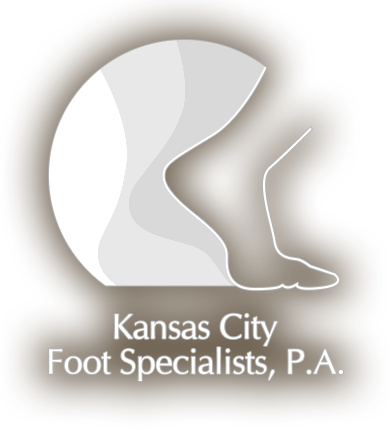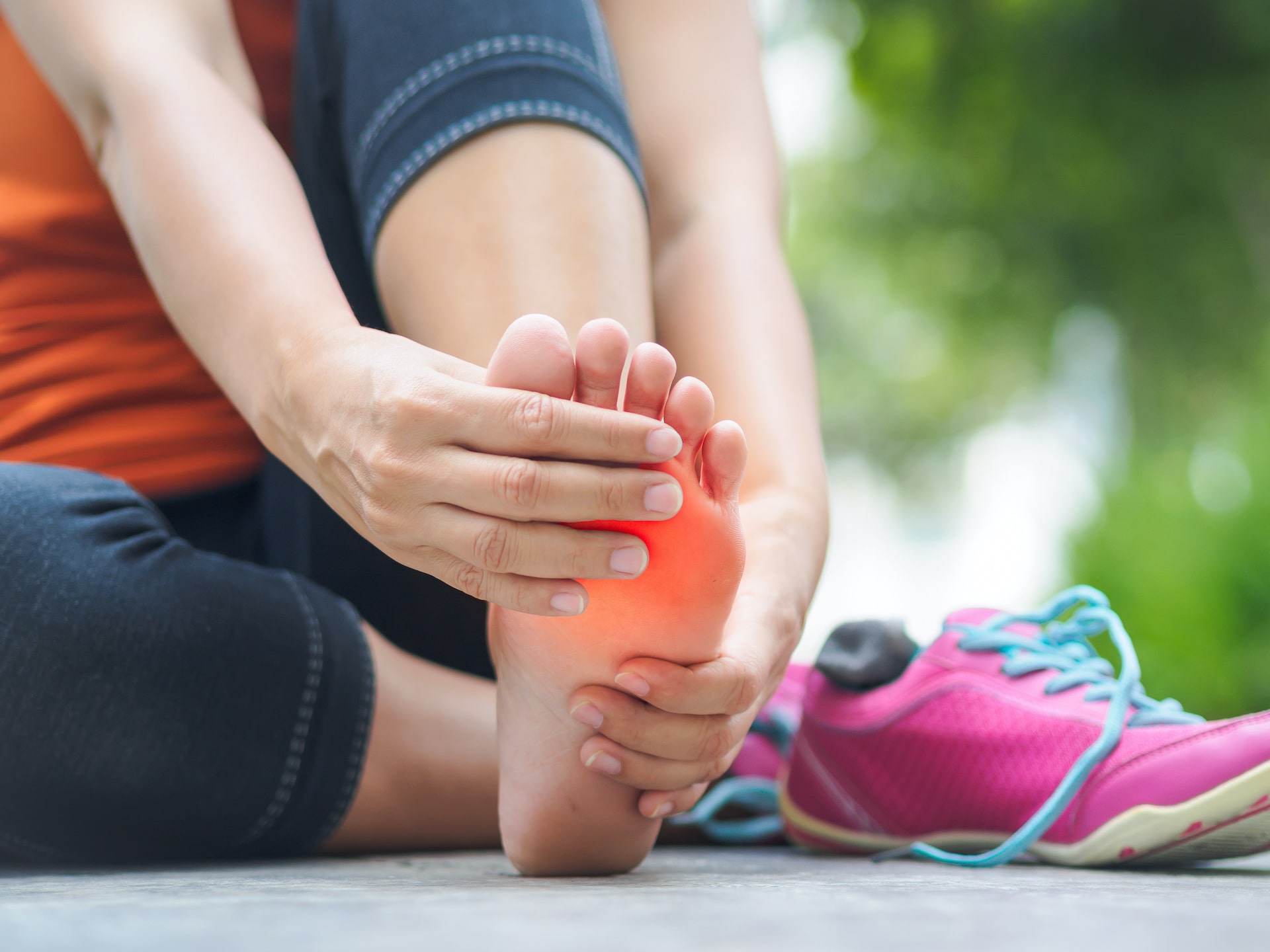Hammertoe symptoms
Well-developed hammertoes are distinctive due to the abnormal bent shape of the toe. However, there are many other common symptoms. Some symptoms may be present before the toe becomes overly bent or fixed in the contracted position. Often, before the toe becomes permanently contracted, there will be pain or irritation over the top of the toe, particularly over the joint. The symptoms are pronounced while wearing shoes due to the top of the toe rubbing against the upper portion of the shoe. Often, there is a significant amount of friction between the toe and the shoe or between the toe and the toes on either side of it. The corns may be soft or hard, depending on their location and age. The affected toe may also appear red with irritated skin. In more severe cases, blisters or open sores may form. Those with diabetes should take extra care if they develop any of these symptoms, as they could lead to further complications.
Conservative treatment for hammertoes
Although many patients ultimately require surgery to correct hammertoe symptoms, some may benefit from conservative, non-surgical treatments first. Conservative therapies may also delay the need for surgery when implemented early enough.
Conservative treatments for hammertoes may include:
Changing your shoes
One of the first steps to take in treating hammertoes is to change your shoes. Shoes with a roomy toe box, allowing room for the toes without squeezing or hitting the end of the shoes, will help relieve pressure on the toes. Shoes with pointed or narrow toes, shoes that are too short, or heels over two inches in height all increase the likelihood of developing hammertoes.
Corn and callus pads
Over-the-counter pads designed specifically for corns and calluses may be placed over irritated skin on the tops or sides of the affected toes. However, your podiatrist may suggest a specific type, brand, or method of use. These pads won’t repair or reverse hammertoes, but they may increase comfort and prevent the associated corns and calluses from worsening.
Medications and injections
Some patients may find relief from pain and discomfort associated with hammertoes by taking nonsteroidal anti-inflammatory drugs (NSAIDs) such as ibuprofen or naproxen or with corticosteroid injections. Before taking NSAIDs or any other medications, speak with your podiatrist to ensure that you are taking the correct dose, don’t have any medication interactions, and to ensure that you are healthy enough to take these medications.
Orthotics, splinting, and strapping
Your podiatrist may also suggest custom orthotics to fit into your shoes and correct or improve the biomechanical function of your feet and toes. In addition to orthotics, a special splint or strap may be suggested to realign or straighten the affected toe.
Surgery for hammertoe correction
If conservative measures fail to provide relief, or if your hammertoe is in advanced stages with rigidity and a significant amount of pain, surgery may be required. Some patients also require surgery if they have open sores or wounds related to their hammertoe. For patients who also suffer from bunions, a combined procedure may be appropriate, addressing both conditions within the same surgery. Recovery time will vary from patient to patient, depending on the extent of the surgical repair and other conditions that may also be present.
Can hammertoe be prevented?
Although the feet naturally change over time, and abnormalities like hammertoes may be hereditary for some patients, steps may be taken to prevent their development in the first place. Just as better fitting shoes are a treatment, they are also a preventative measure for hammertoes. In addition, your podiatrist may suggest orthotics to improve the biomechanics of your feet in an effort to prevent the development of hammertoes or other abnormalities. Calf stretching and other exercises may also be used to reverse or treat muscle imbalances that could eventually lead to hammertoe development.
If you are suffering from hammertoes, bunions, or other foot or ankle problems, call Kansas City Foot Specialists today at (913) 338-4440 to schedule an appointment. After a thorough examination, we’ll discuss your diagnosis and treatment options in an effort to get you back on your feet as soon as possible.



